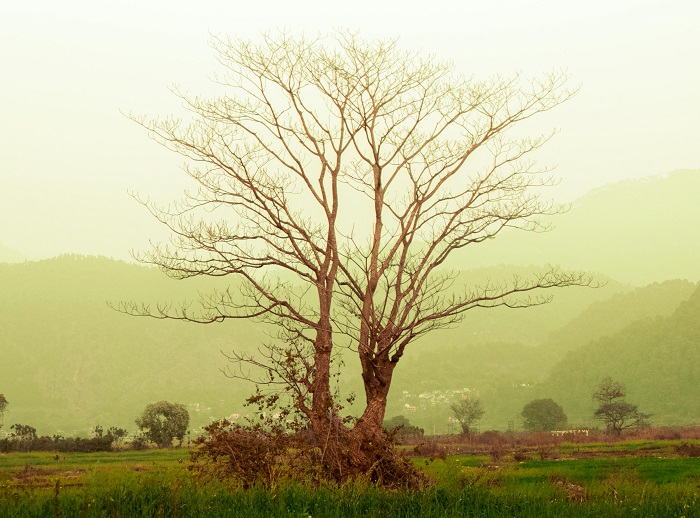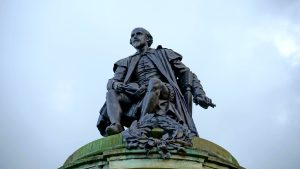Wordsworth and His Treatment Of Nature
Wordsworth and his treatment of Nature has been a well celebrated aspect of his poetry and poetic approach. Wordsworth had a complete philosophy of Nature. Four points in his creed of Nature may be noted:
(a) He conceived of Nature as a living personality. He believed that there is a divine spirit pervading all the objects of Nature. This belief finds a complete expression in the Tintern Abbey when he tells us that he has felt the presence of a sublime spirit in the setting sun, the round ocean, the living air, the blue sky, the mind of man, etc. This spirit, he says, rolls through all things. This belief in a divine spirit pervading all the objects of Nature is called Pantheism.
(b) Next, Wordsworth believed that the company of Nature gives joy to the human heart. In Tintern Abbey he expresses the joy he feels on revisiting a scene of Nature. Not only is the actual sight of this scene pleasing but the very memory of this scene has soothed and comforted his mind. Wordsworth looked upon Nature as exercising a healing influence on sorrow-stricken hearts.

(c) Above all, Wordsworth emphasized the moral influence of Nature. He spiritualised Nature and regarded her as a great moral teacher, as the best mother, guardian and nurse of man, as an elevating influence. He believed that between Man and Nature there is a spiritual intercourse: According to him, Nature deeply influences human character. In Tintern Abbey he tells his sister Dorothy that “Nature never did betray the heart that loved her”; that Nature can impress the human mind with quietness and beauty; that Nature gives human beings lofty thoughts. He advises Dorothy to let the moon shine on her and the winds blow on her, i.e., to put herself under Nature’s influence.
In his eyes, “Nature is a teacher whose wisdom we can learn if we will, and without which any human life is vain and incomplete.” In Tintern Abbey he also distinguishes his love for Nature as a boy from his love for her as a man. As a boy, his love for Nature was a physical passion; as a grown-up man his love for Nature is intellectual or spiritual. As a boy, Nature was an “appetite, ‘with’ its aching joys and dizzy raptures;” as a man his love is thoughtful because of the still sad music of humanity which he has heard.
In the Immortality Ode also he tells us that as a boy his love for Nature was a thoughtless passion but now the objects of Nature take “a sober colouring” from his eyes and give rise to profound thoughts in his mind because he had witnessed the sufferings of humanity:
To me the meanest flower that blows can give
Thoughts that do often lie too deep for tears.
(d) Wordsworth’s attitude to Nature can be clearly differentiated from that of the other great poets of Nature. He did not prefer the wild and stormy aspects of Nature like Byron, or the shifting and changeful aspects of Nature and the scenery of the sea and sky like Shelley, or the purely sensuous in Nature like Keats. It was his special characteristic to concern himself, not with the strange and remote aspects of the earth and sky, but Nature in her ordinary, familiar, everyday moods. Nor did he recognize the ugly side of Nature: Nature red in tooth and claw as Tennyson did.
Wordsworth is to be distinguished from the other poets by the stress he places upon the moral influence of Nature and the need of man’s spiritual intercourse with her.
#Wordsworth and his treatment of Nature #Wordsworth and his treatment of Nature #Wordsworth and his treatment of Nature #Wordsworth and his treatment of Nature #Wordsworth and his treatment of Nature #Wordsworth and his treatment of Nature #Wordsworth and his treatment of Nature #Wordsworth and his treatment of Nature
Read More
Wordsworth and His Love for Nature
Introduction to Fiction and Non Fiction
Of Death — Francis Bacon (Text)
Of Truth Critical Analysis by Sir Francis Bacon
Of Truth by Francis Bacon Summary
Visit Us on our Facebook Page:




